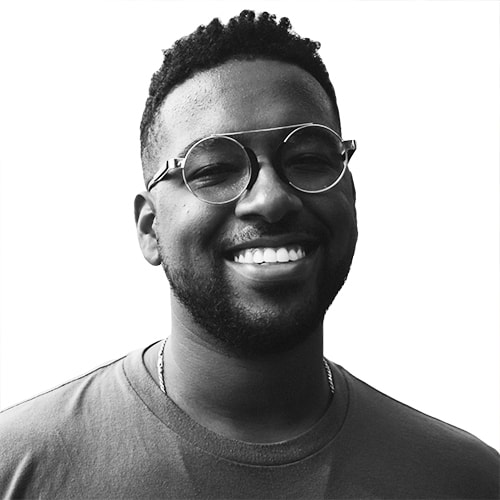Opinion
Photo Illustration by Kelly Caminero / The Daily Beast / Getty
Before NBA Stardom, Bill Walton Raised Hell as a Radical Campus Activist
BIG MAN, BIG CONSCIENCE
The then-UCLA superstar’s anti-war protesting was shocking at the time. But history proved him right.
opinion

Trending Now





